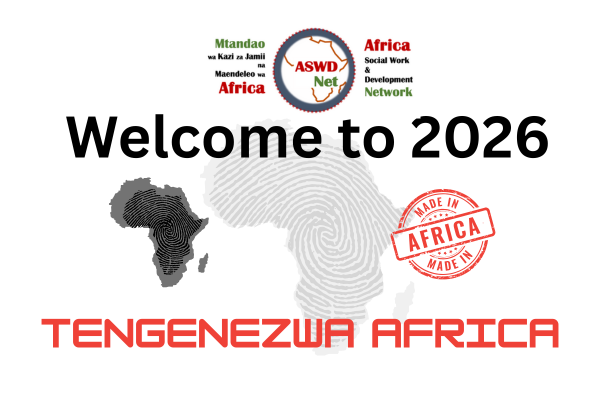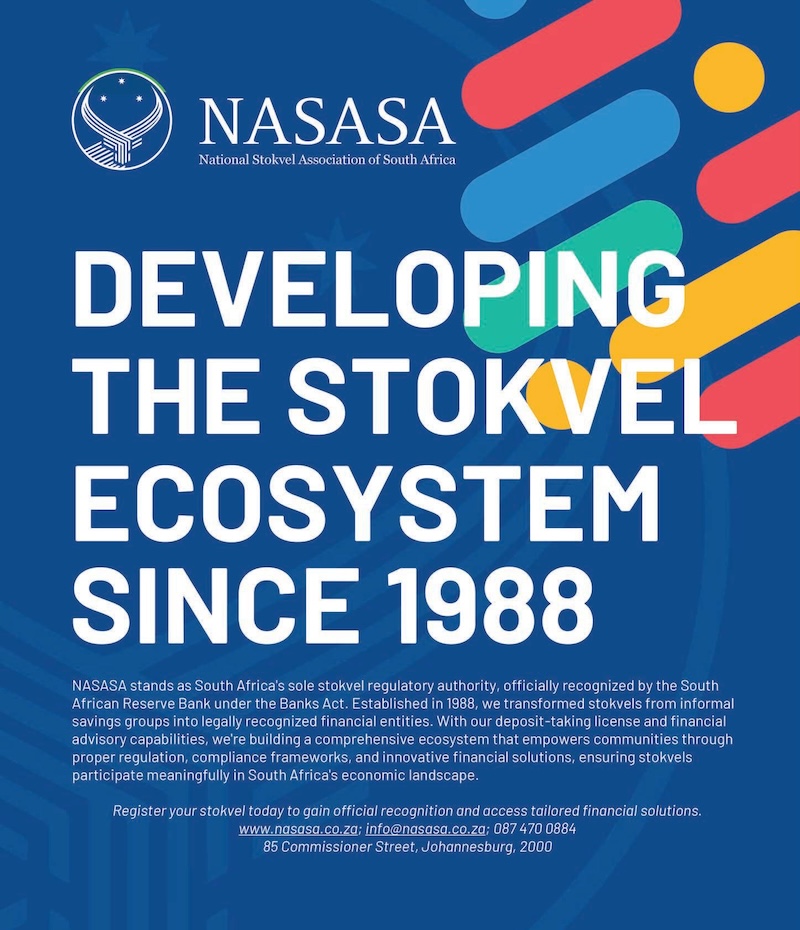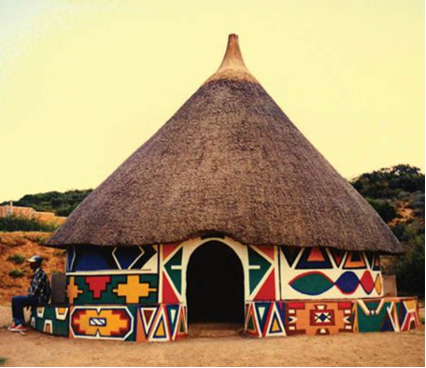Social Work in Africa
Brief History of African Social Work
History of African Social Work can be divided into three phases: 1. indigenous phase 2. colonial phase 3. developmental phase. Int is not possible to define African social work without talking about indigenous social work, which existed before western social work and continues to exist side by side with it. These phases are described and discussed below.
Indigenous phase (phase 1) – this phase consists of the different methods used to achieve social functioning that were centered on the family, community, society, environment and spirituality. Each member of the family and community had a role to play in ensuring welfare, and protection of the needy and vulnerable. In most communities, ubuntu was the underlying philosophy. The characteristics of this phase are:
- Family oriented
- Community focus
- There were two major settings of social work, these being, the family and community
- Social functioning through spirituality
- Environmental co-existence
- Social structure was less stratified
- Means of production for all
- Indigenous belief systems that were more uniting, more acceptable and closer to people’s spirituality, lived realities and tangible histories
- The practitioner worked from the community, was answerable to families and was connected or related to clients
- Driven by non-written, oral theories, philosophies and values suitable for African life, histories and experiences
Colonial phase (phase 2) – during this phase, indigenous approaches continued but there was a strong effort to replace them with colonial systems. Colonisation resulted in new communities, characterized by urban households and suburbs. On a political and economic levels, white people dominated. The philosophy was western thought, characterized by competition, modernization, individualism, social control and white domination. The system was unjust, depriving and controlling. Professional social work was introduced with a focus on white social workers who were imported from Europe or America. Later, training institutions of social work were developed inside Africa. One big loophole of colonial social work was its focus on welfare in urban areas for the benefit of white people. They failed to address poverty. The characteristics of this phase are:
- Grounded in imperial, colonial and western philosophies, theories and values.
- There were three major settings of social work, these being, the church mission, the government social welfare system and institutions (prisons, asylums, disability homes, children’s homes and old people’s homes)
- Attempt to displace indigenous practices, for example replacing the extended family role through adoption and fostering by non-relatives, some even coming from Europe or America to adopt Africans and take them away
- Attempt to replace indigenous practitioners with ‘professionals’ who were not connected with the people, unrelated and were responsible to government not families
- White domination
- Urbanization, and new urban social problems (housing, joblessness, crime, health, overcrowding, intergenerational conflict and others)
- Means of production controlled by the minority
- Foreign belief systems that are domineering, multiple, confusing, conflicting, dividing and disconnected from people’s spirituality, environments and social systems
Developmental phase (phase 3) – this phase resulted from the two phases described above. None of the two phases above died, they continued to grow in parallel, although at times there were efforts to unify them. Phase 3 acknowledges that each of the 2 phases has advantages and disadvantages, hence phase 3 is borrowing from both phases. At this phase, professional social work was expanded by increasing training institutions. Developmental social work seeks address poverty, ensure that both rural and urban people, black and white have their social needs addressed in a just process. The developmental phase is the phase we are in now. Professional social work exists alongside indigenous social work. However, the professionals are incorporating indigenous practices into their work, blending with international best practices that are not neo-colonial. Whether phase 3, at its end, will result in true African social work or not, remains to be seen. Potentially, the process could lead to a 4th stage, perhaps, the stage of African social work where social work knowledges and practices become truly African. The characteristics of this phase are:
- Use of indigenous, colonial and international practices
- Means of production for all
- African inspired modernization
- Focus on poverty and development, not social welfare and social control
- Unifying social, political and economic rights
- Use of practitioners who understand and value African indigenous and decolonial practices
List of Social Work Training Institutions
On this page you will find information about social work training institutions in Africa.
Biographies
On this page you will find biographies of people who have contributed to the development of social work in Africa.
Mentoring
Information about our mentoring program will be available soon.



